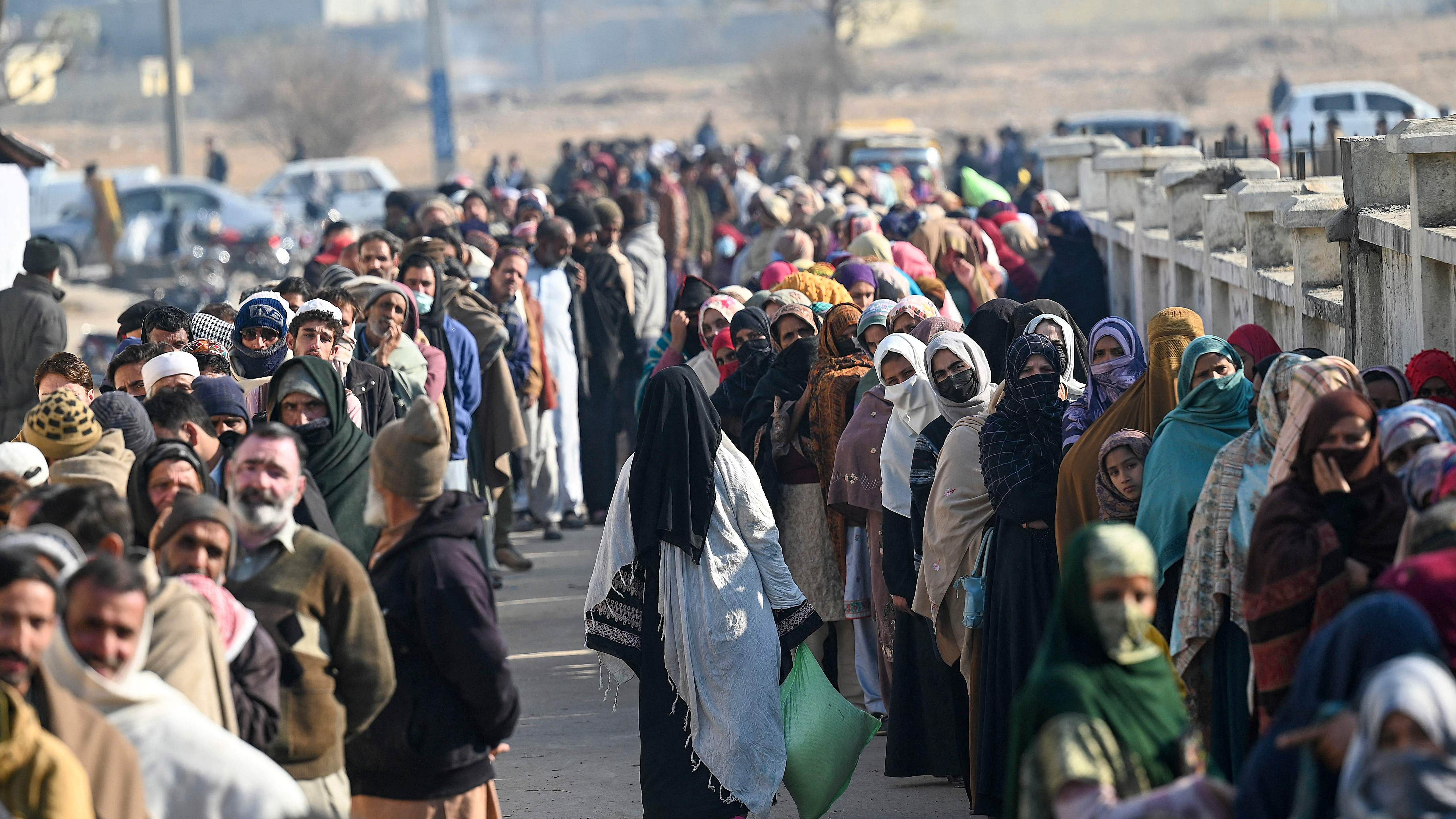
China's new Foreign Minister Qin Gang in the first phone call with his Pakistani counterpart Bilawal Bhutto Zardari said that Beijing is concerned about the safety of its workers based in Pakistan and urged him to take "strong" security measures to protect them.
Qin, who recently succeeded Wang Yi, had a phone call at the request of Bilawal on January 9, a Chinese Foreign Ministry statement here said on Tuesday.
Besides customary references to special ties between the two all-weather allies and China's wish to improve the relations further, Qin "stressed that with the Chinese New Year just days away, the Chinese side is highly concerned about the safety of Chinese citizens in Pakistan and hopes that the Pakistani side will continue to take strong security measures".
Also Read — Int'l community pledges $8.57 bn to Pakistan on flood damage at UN conference in Geneva
Bilawal assured Qin that "the Pakistani side will spare no efforts to protect the safety of the Chinese personnel, institutions, and projects in Pakistan,” the statement said.
The security of hundreds of Chinese personnel working on various projects of the $60 billion China-Pakistan Economic Corridor (CPEC) has become a subject of concern for Beijing in recent years.
The CPEC aims to connect Pakistan's Gwadar port in Balochistan with China’s Xinjiang province. India has objected to the CPEC as it traverses through the Pakistan-occupied Kashmir.
China apprehends renewed attacks on its citizens during the Chinese New Year and Spring Festival, to be celebrated for a week from January 21.
Pakistan has pressed army contingents to provide security for the Chinese workers.
In April last year, three Chinese teachers were killed in a suicide bombing attack at Karachi University, which was carried out by the separatist outfit Baloch Liberation Army (BLA).
The BLA is opposed to China’s investments in Balochistan and has accused the all-weather allies of exploiting the resource-rich province. Some of the other attacks were also attributed to radical Islamic militant outfits like the banned Tehreek-e-Taliban Pakistan (TTP), which was blamed for orchestrating the bomb attack on a bus carrying Chinese engineers working on a hydropower project at Dasu in 2021.
Thirteen people, including nine Chinese nationals, were killed and 23 others injured in the attack, which sent shockwaves in China.
Chinese President Xi Jinping expressed "deep concern" over the security of Chinese nationals working in Pakistan on the CPEC projects when Pakistan Prime Minister Shehbaz Sharif met him here in November last year.
With the recurring attacks on its citizens, China is reportedly pressing Pakistan to permit Chinese security agencies to provide security for their personnel which, according to media reports, Islamabad is resisting, as it meant boots on the ground for the Chinese armed forces.
Besides the recurring attacks, China is concerned about Pakistan’s perennial economic problems especially, the declining balance of payments situation, prompting Beijing to step in to bail out Islamabad to avert a crisis similar to Sri Lanka.
The International Monetary Fund said last year that Pakistan's total non-Paris Club bilateral debt currently stands at about $27 billion, of which Chinese debt is worth about $ 23 billion.
The Chinese side said it is ready to work with the Pakistani side to follow the important common understandings reached by the leaders of the two countries, deepening the traditional friendship between China and Pakistan, and jointly building a closer China-Pakistan community with a shared future in the new era.
Bilawal added the ironclad brotherhood between China and Pakistan is the "North Star" guiding Pakistan's foreign policy towards China.